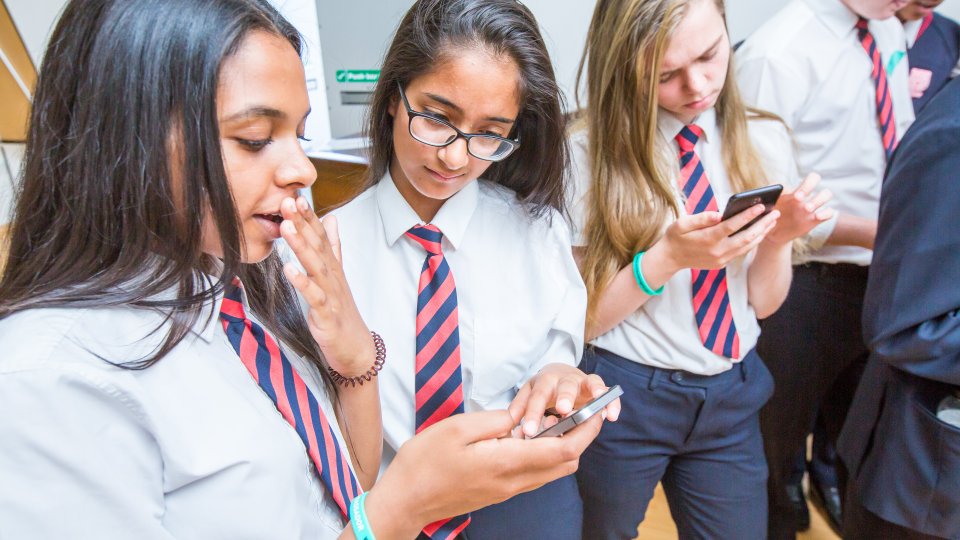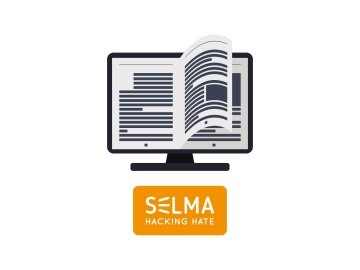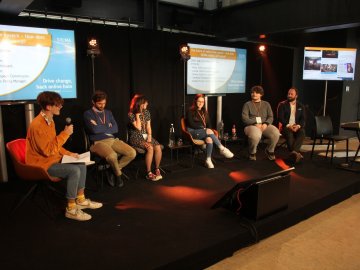Every month, we focus on a different dimension of the online hate speech phenomenon. These monthly focuses allow to foster a better understanding of how hate speech affects people, how we can respond to it and how we can effect positive change at a wider societal level.
In March, we wondered why people spread hate online; in April, we delved into the potential consequences of hate speech; in May, we looked at various initiatives promoting tolerance and empathy online; and in June, we explored counter-narratives. In July, we will focus on peer-to-peer mentoring and its significant potential to promote positive behaviours online and to disrupt hate.
Setting up peer support schemes to hack online hate
Peer support schemes are initiatives which empower young people to make a positive difference in their schools, communities or online. The schemes may take different forms, such as Peer Mentors, Student Council or Ambassador programmes, and they can have a particular impact when it comes to equipping young people with the tools, confidence and knowledge to tackle online issues such as online hate speech. In this campaign, we will be exploring how peer support can be harnessed to embed a SELMA peer mentoring scheme.
Enabling young people to become peer supporters brings a number of benefits to those young people, their peers and the wider community. Students who are peer supporters gain important skills, including increased self-confidence and communication skills. Young people are often more likely to feel comfortable communicating with someone closer to their own age than an adult, and peer support schemes can have a long-lasting positive impact on online issues.
Peer-led initiatives can have a particular impact on online issues such as online hate speech. By harnessing students’ knowledge of the issues young people encounter online, peer mentors can model positive online behaviours, equip their peers with knowledge about online trends and issues, and raise awareness of coping mechanisms. The SELMA partner Diana Award has trained over 32,000 young people across the UK through a peer-led Anti-Bullying Ambassador Programme. In the video below you can find the testimonials and impressions of some participants.
Young people are the best agents of change in their schools, communities and online. However, effective peer support is dependent on supportive staff members who take the time to properly prepare the organisation, the young people and the environment before rolling out the scheme. Before getting started, staff members should take time to consider a number of factors such as the young people they will recruit to participate, practical considerations such as finding a regular meeting place and time, and how to embed this scheme across the whole school.
SELMA in action
In July, we will be taking an in-depth look at what peer-to-peer approaches consist of, especially in the classroom, and we will discover some successful and inspiring peer mentoring initiatives. Our “How to?” guide to setting up a peer mentoring scheme, which outlines our suggested pathways through the SELMA Toolkit for establishing SELMA Peer Mentors within your school, reflects the SELMA approach to peer mentoring schemes. We invite you to have a look at it and get ideas to set up a programme in your school.
Besides introducing the “How to?” guide to teachers and other professionals working with young people, this month we publish two articles:
- The first one will provide guidance to teachers and educators wishing to empower young people as peer mentors through ten concrete and simple tips.
- The second one will explore the benefits of peer mentoring through some examples of best practices and the perspectives of mentors and mentees.
Stay updated and participate in the conversation on hacking online hate and peer mentoring by keeping an eye on our Twitter #SELMA_eu hashtag, while following us on Facebook.






